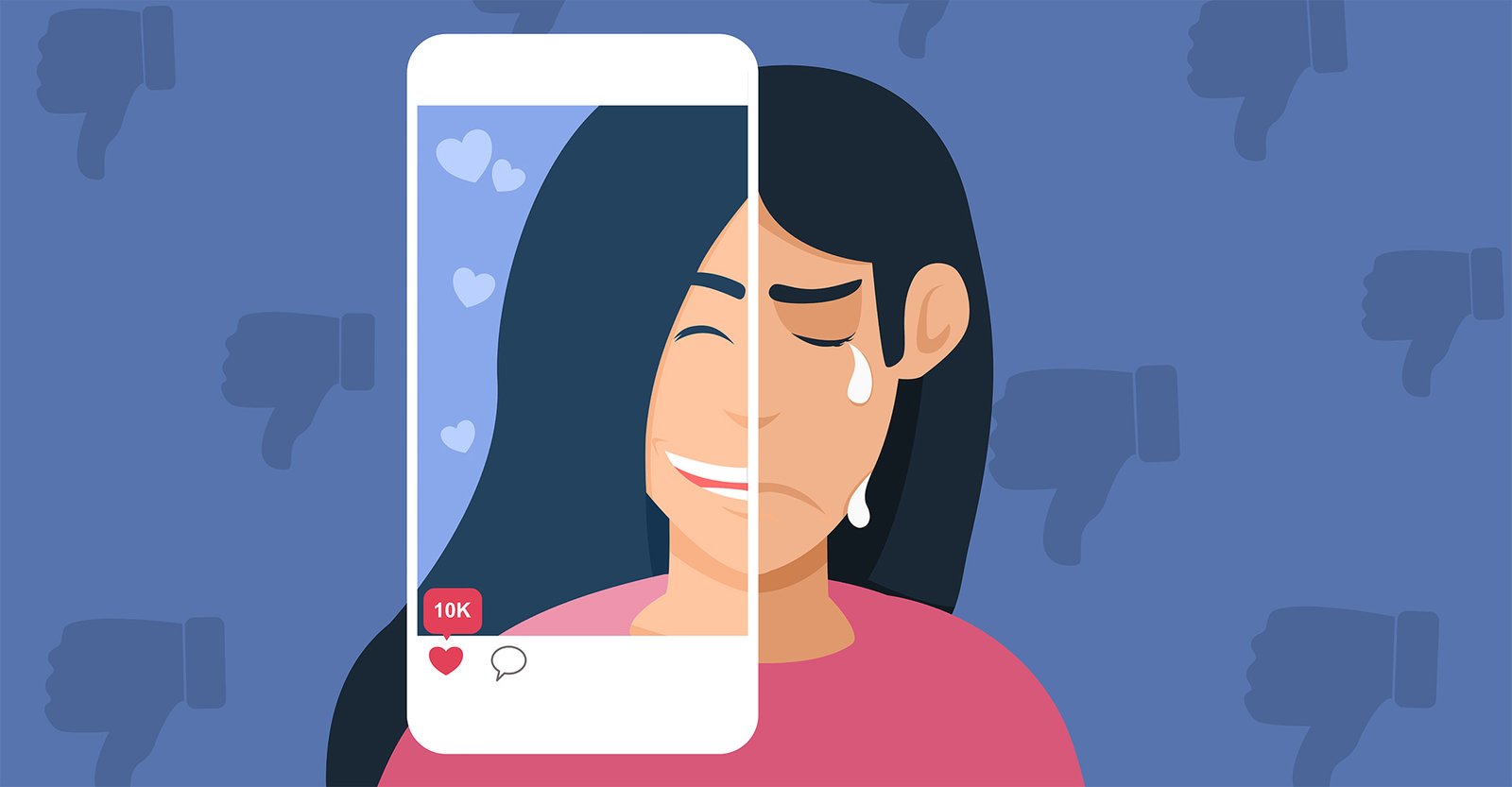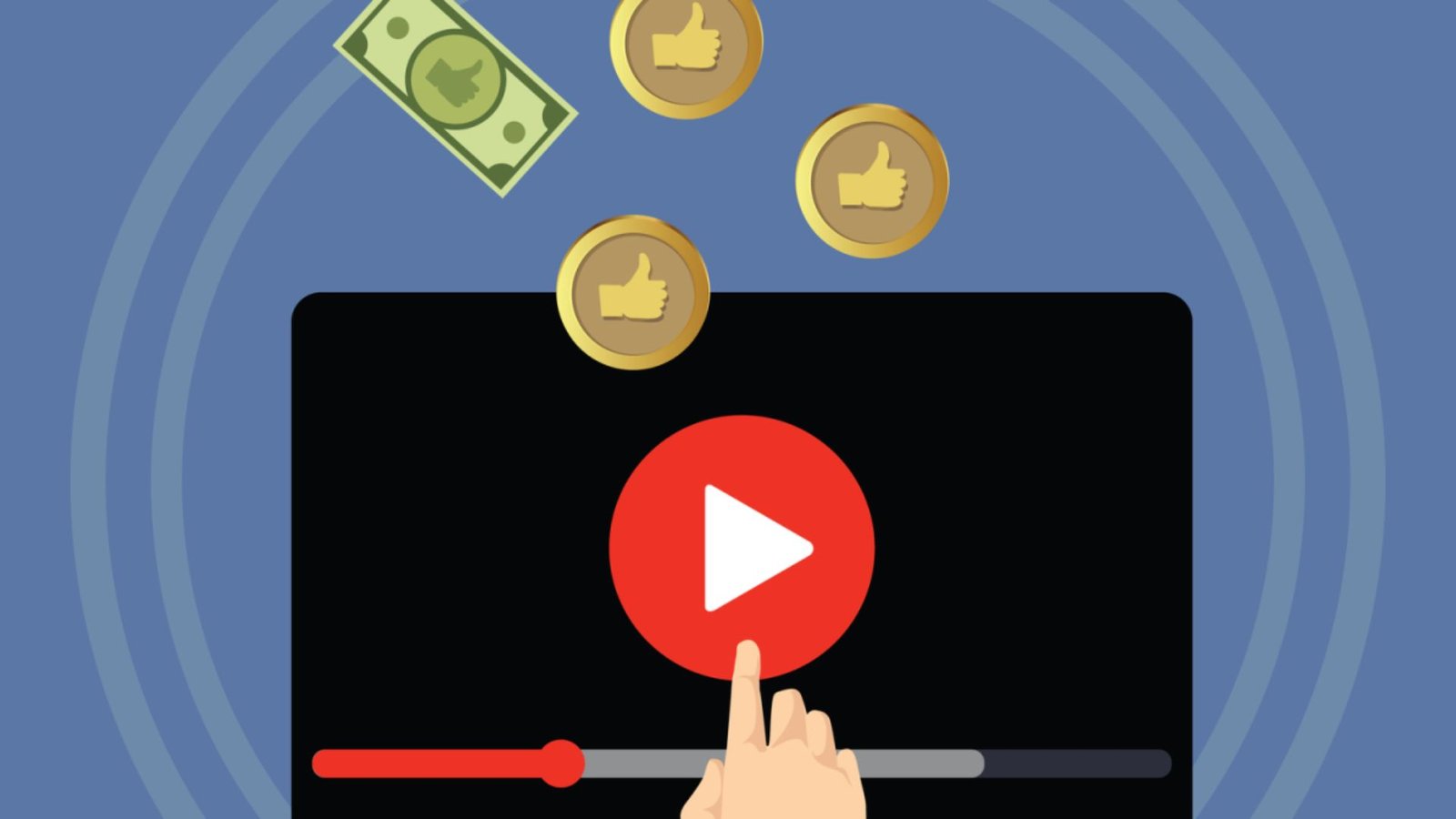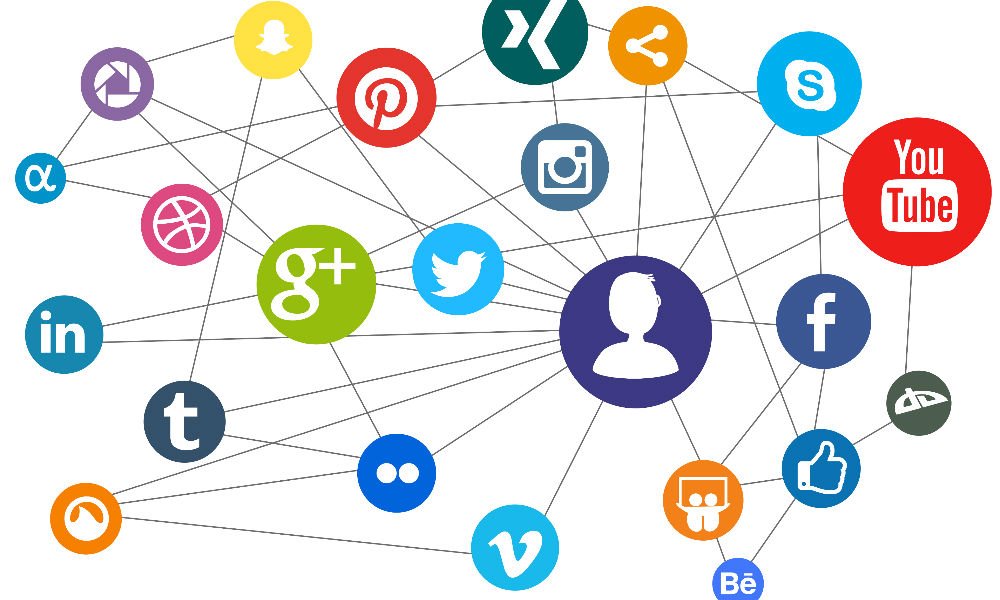The relationship between social media and mental health is complex and multifaceted. While social media platforms offer opportunities for connection and self-expression, they can also contribute to mental health challenges. Understanding this dual impact is essential for navigating social media use in a healthy manner.
Positive Effects of Social Media on Mental Health
Enhanced Connectivity
Social media allows individuals to connect with friends, family, and communities, regardless of geographical barriers. These connections can foster feelings of belonging and support, particularly for those who may feel isolated in their offline lives. Online communities often provide safe spaces for individuals to share experiences and seek advice.
Access to Support Networks
Many people turn to social media to find support during difficult times. Online support groups can provide encouragement, resources, and a sense of understanding from others who have experienced similar challenges. This access to community support can significantly improve mental well-being.
Opportunities for Self-Expression
Social media serves as a platform for self-expression, allowing users to share their thoughts, creativity, and experiences. This freedom can enhance self-esteem and foster a sense of identity. Individuals can use social media to raise awareness about mental health issues, contributing to broader societal conversations and reducing stigma.
Negative Effects of Social Media on Mental Health
Comparison and Low Self-Esteem
Social media often presents idealized versions of life, leading to unhealthy comparisons. Users may feel pressured to conform to certain standards of beauty, success, or happiness, which can result in feelings of inadequacy and low self-esteem. The curated nature of social media feeds can distort reality, causing users to question their own worth.
Cyberbullying and Harassment
The anonymity of social media can lead to negative interactions, including cyberbullying and harassment. Victims may experience anxiety, depression, and feelings of isolation as a result of online bullying. This can have severe consequences for mental health, particularly among younger users.
Information Overload
Social media provides a constant stream of information, which can be overwhelming. The pressure to stay updated and engaged can lead to anxiety and stress. Moreover, exposure to negative news and distressing content can impact mental health, creating feelings of helplessness and despair.

Strategies for Healthy Social Media Use
Setting Boundaries
Establishing boundaries around social media use is crucial for maintaining mental health. Users can limit their time spent on platforms, curate their feeds to include positive and supportive content, and take breaks when feeling overwhelmed.
Engaging Mindfully
Mindful engagement involves being aware of how social media affects one’s emotions and mental state. Users should reflect on their feelings before, during, and after social media use, allowing them to identify triggers and adjust their usage accordingly.
Seeking Professional Help
For individuals struggling with the negative effects of social media on their mental health, seeking professional support is essential. Mental health professionals can provide guidance and coping strategies to manage feelings of anxiety, depression, or low self-esteem.
Conclusion
Social media has a profound impact on mental health, offering both positive opportunities for connection and support, as well as potential risks related to comparison, cyberbullying, and information overload. By understanding these dynamics and implementing healthy usage strategies, individuals can navigate social media in a way that promotes well-being rather than detracts from it.










